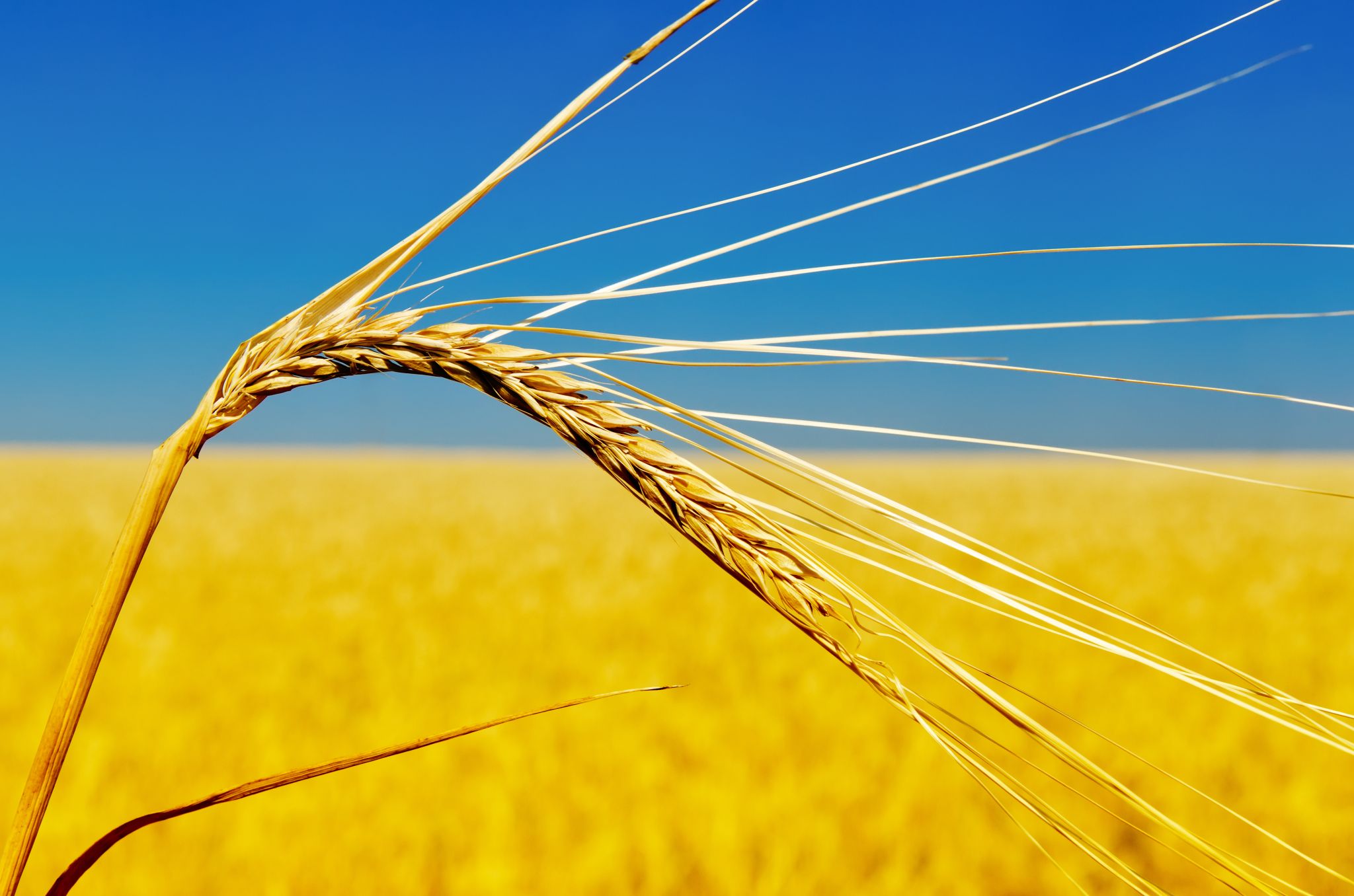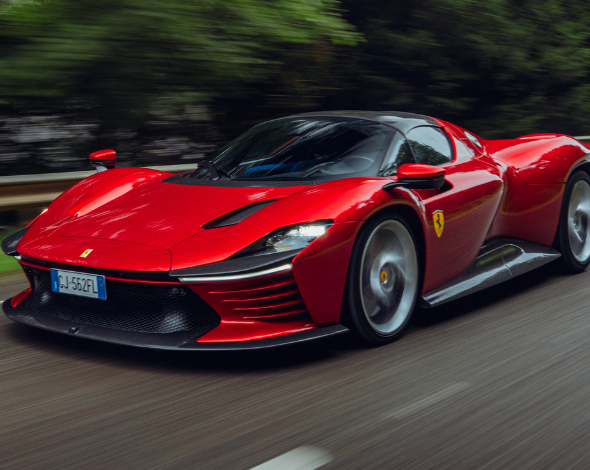“Russia is using hunger and grain to wield power,” the European Commission said in a statement.
The Commission pointed out that there are currently 20 million tons of wheat stuck in Ukraine, “which has led to skyrocketing wheat prices worldwide”.
Wheat is an essential staple that is used in the production of an extremely wide range of essential food and has seen businesses forced to push up prices across the globe, with the most vulnerable experiencing a decimation of purchasing power.
“Ukraine is one of the world’s most fertile countries. Even its flag symbolises the most common Ukrainian landscape: a yellow field of grain under a blue sky,” the Commission added.
“Now, its grain stocks and machinery have been confiscated, warehouses have been bombed and ships exporting wheat and sunflower seeds have been blockaded.”
In response, the EU is opening up “solidarity lanes” to:
- Make available loading equipment, train wagons, barges, lorries, and vessels as a matter of urgency
- Increase inspection capacity at border posts
- Prioritise Ukrainian agricultural exports along our busy freight corridors
- Import essential goods such as humanitarian aid, food, animal feed, fertilisers, and fuel
- Improve EU-Ukraine connectivity through infrastructure
“By reducing bottlenecks and improving EU-Ukraine connectivity, we can help Ukraine export its agricultural produce and overcome the threat to global food security.”
In Malta, the Government has issued an emergency temporary subsidisation scheme for importers of wheat in an attempt to keep food prices stable.
The scheme applies to imports of cereals and flour intended for human consumption, and for animal feeds for livestock farming which are intended for the local market.
In a previous statement, Malta’s Government highlighted how the war in Ukraine, ongoing since end-February, has hit the country particularly hard due to the intricacies that come with being a small island nation state.
Given the storage, consumption limitations and current infrastructure restrictions, Maltese business operators import only small quantities. This has led not only to increased prices but also put at risk the security of supplies to the local markets. While the prices increased across the globe, the impact was drastically felt in the Maltese islands due to the double challenges related to size and insularity.
With countries around the world trying to protect their food security and national interests, more countries are opting to ban exportation of wheat. On Monday, prices surged in Europe after India decided to ban exports of the commodity as a heatwave hit production. This led to a price hike of €435 per tonne in the as the Euronext market opened, up from the previous record of €422 reached on Friday.
‘It’s still about creating a meaningful connection with customers’: Matthew Fenech, Motors Inc.
The CEO explains how Motors Inc. keeps the customer experience at the centre of its growth trajectory
MFSA flags ‘misalignment’ between objectives and public expectations of green loans
Green investment is nonetheless expected to balloon over the coming years
Super rare Ferrari Daytona SP3 spotted cruising along Malta’s roads
The car is currently being traded for a whopping €4 million






